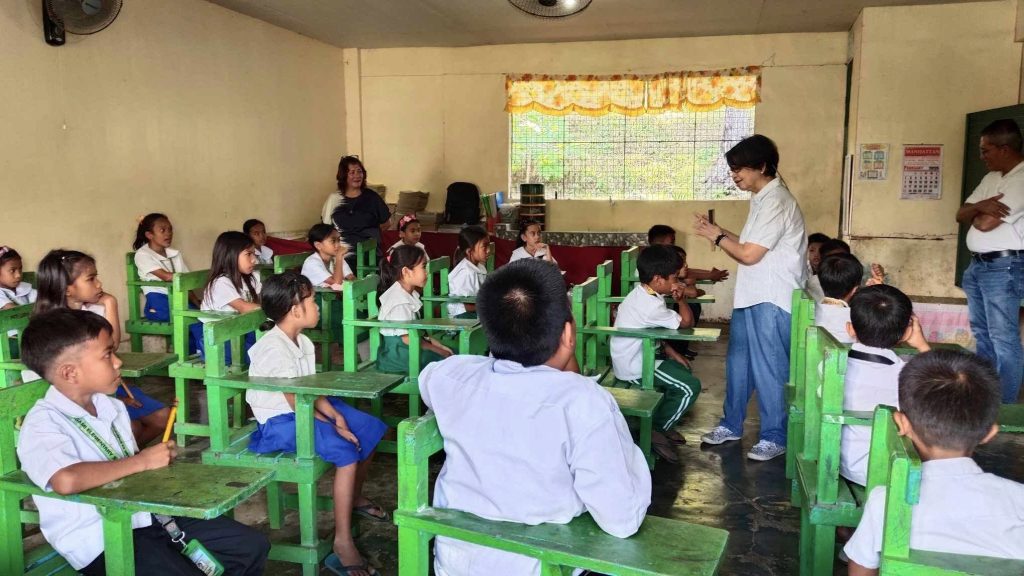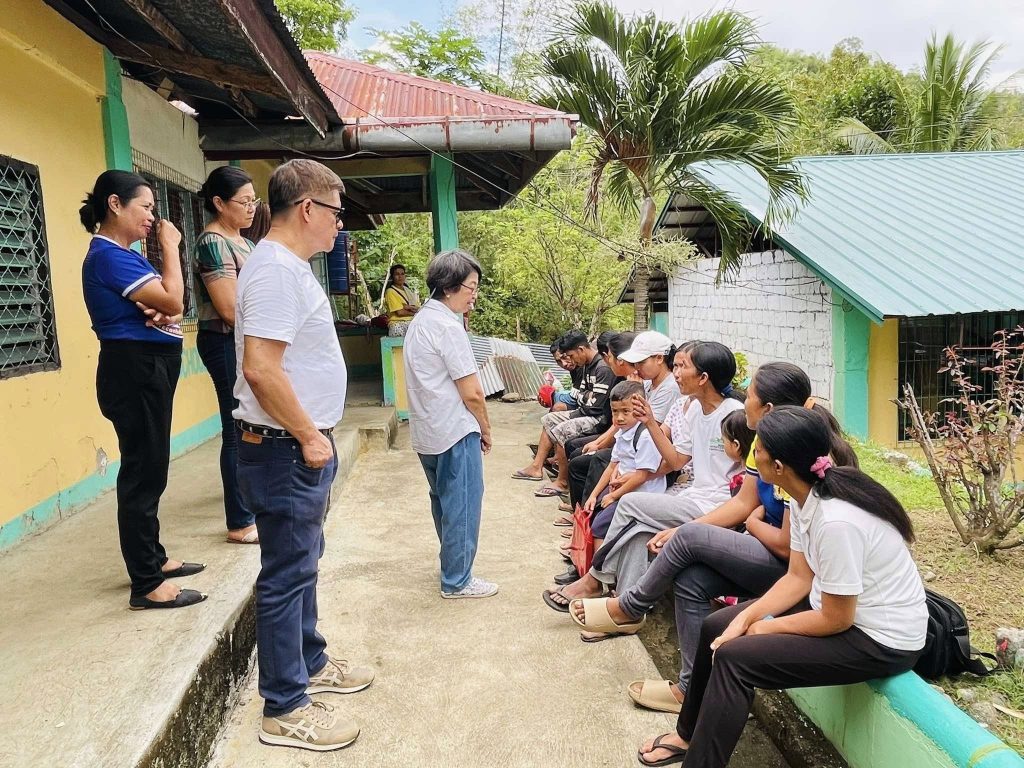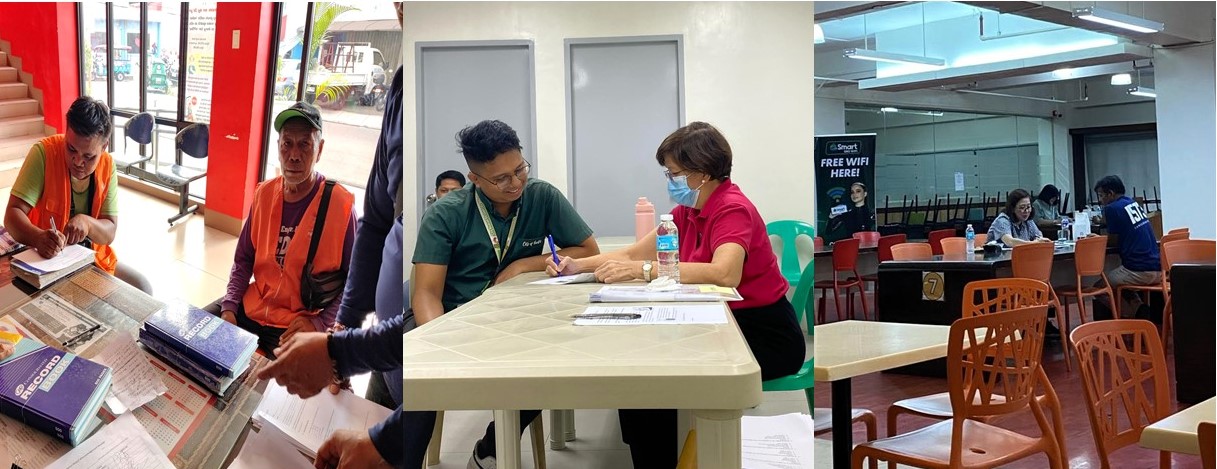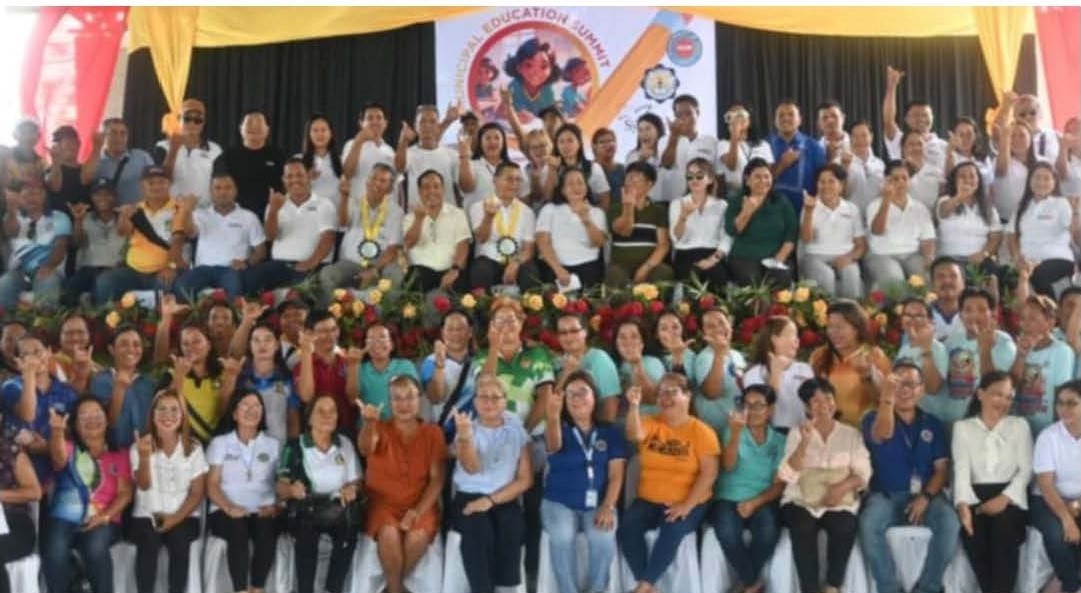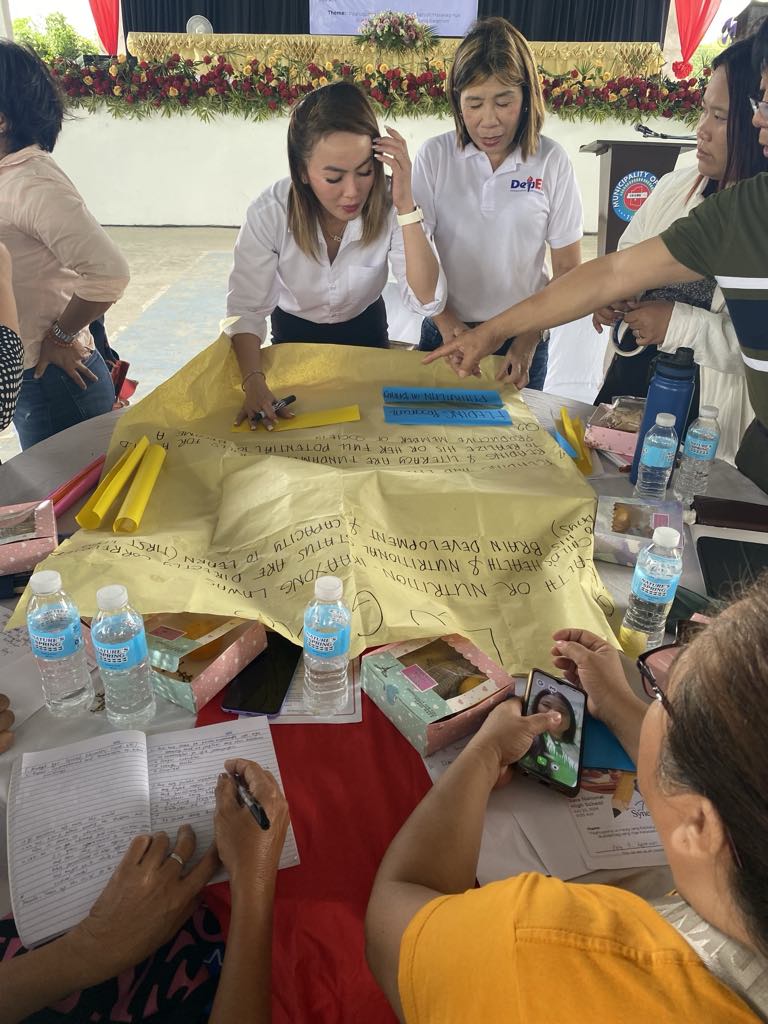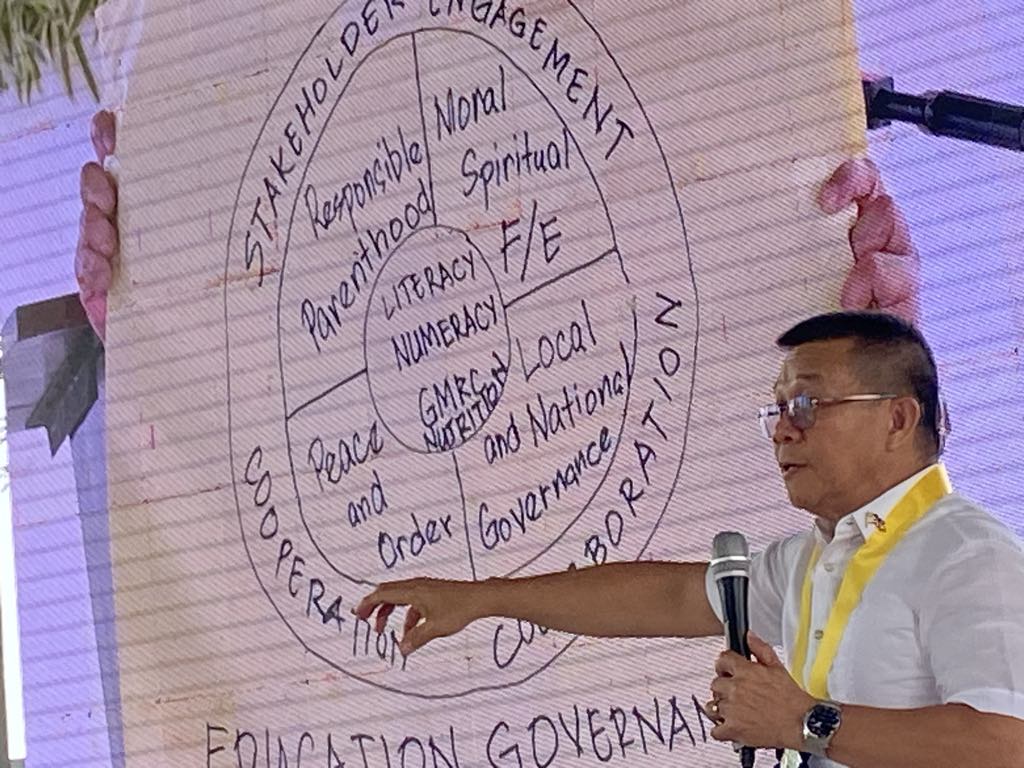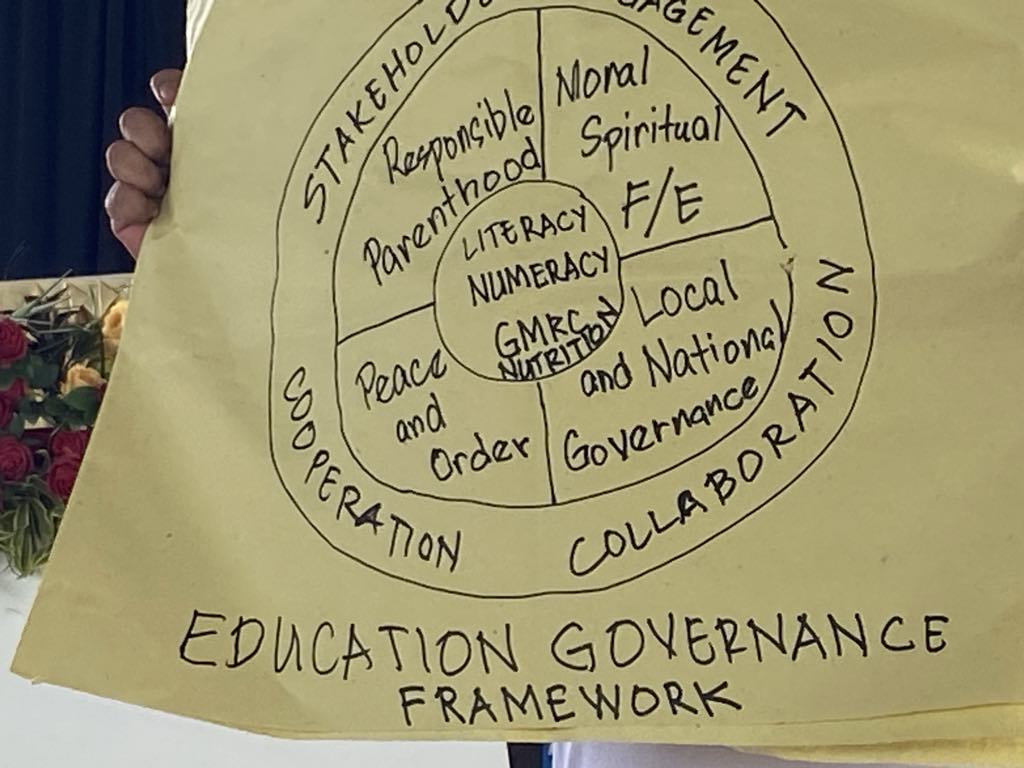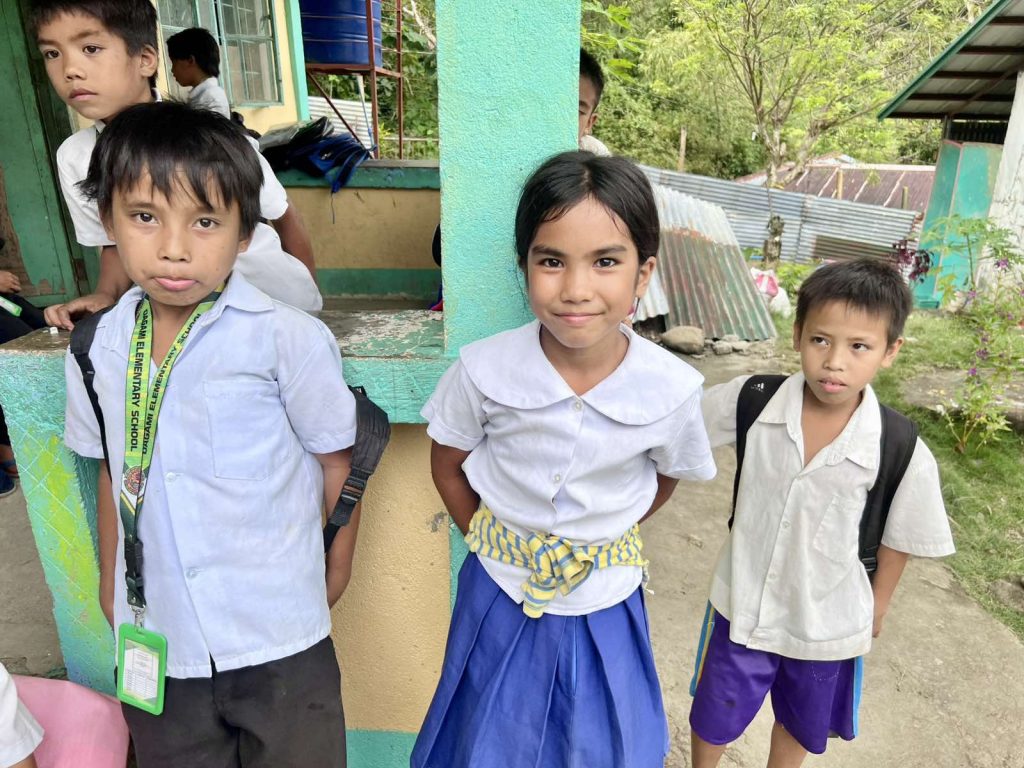
Our visit to Dagami Elementary School in Maasin, Iloilo was intended to find out why Grade 3 learners scored very low in the reading assessment test conducted last year. Based on the test results, there are children who could not answer even one comprehension question correctly. These findings were validated when we had a session with two Grade 3 classes – Sections Sterling and Euro.
Dagami is one of the 50 barangays in the Municipality of Maasin, Iloilo. An upland barangay, it is 675 ft above sea level. The road to Dagami Eementary School is long and winding. When we reach the school, we immediately visited a Grade 3 classroom. Upon entering the room we noted that children are timid, they look sad, others are expressionless and always facing down. Most children are stunted or small for their age. Most are 9 years old but they look like they are only 5 or 6 years old.
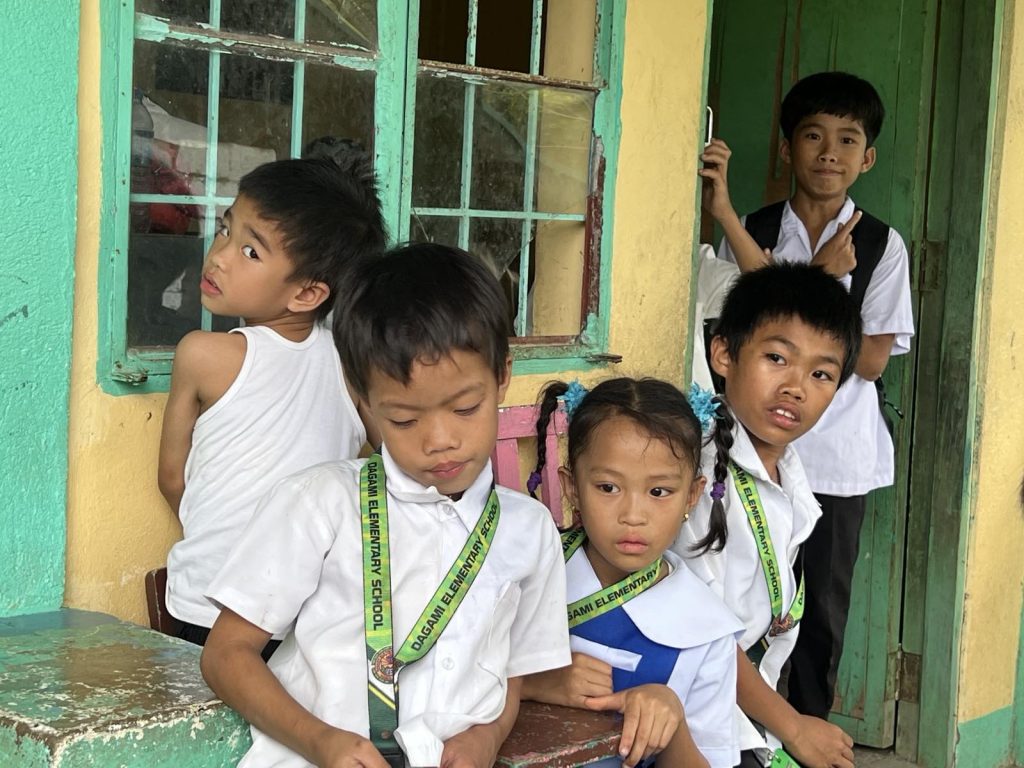
When tested in Reading, children can recognize sounds of letters and do simple blending. And the good news is they can read simple words such as “bag”. It was a challenge for them to read “teeth” and “morning” but they are able to do so when guided. However, they do not understand English questions. They cannot answer basic English questions like “what is your name?”, “how old are you?” Teacher Mary Jane said they are not fluent in English and Filipino language. Hiligaynon is used as medium of instruction. Children understand Hiligaynon better but they are being transitioned to Filipino and English according to Teacher Mary Jane. Another observation is they do not know how to compare and contrast. They have difficulty processing “short” vs “tall”, “small” vs “big”. It appears they need help in developing critical thinking skills.
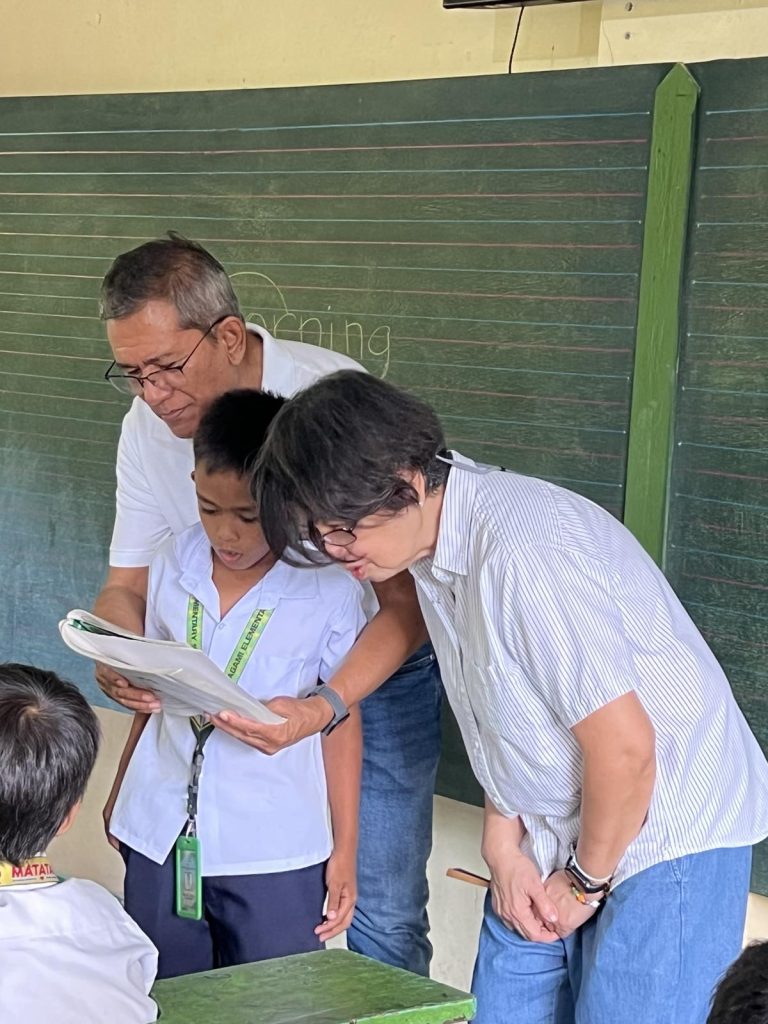
Mam Nene did not do a story reading and instead asked the children to sing two songs. It was a joy to hear them sing “this is the way we brush our teeth” and “when you’re happy and you know it – clap your hands, stomp your feet, twist your hips”. The children grin from ear to ear.
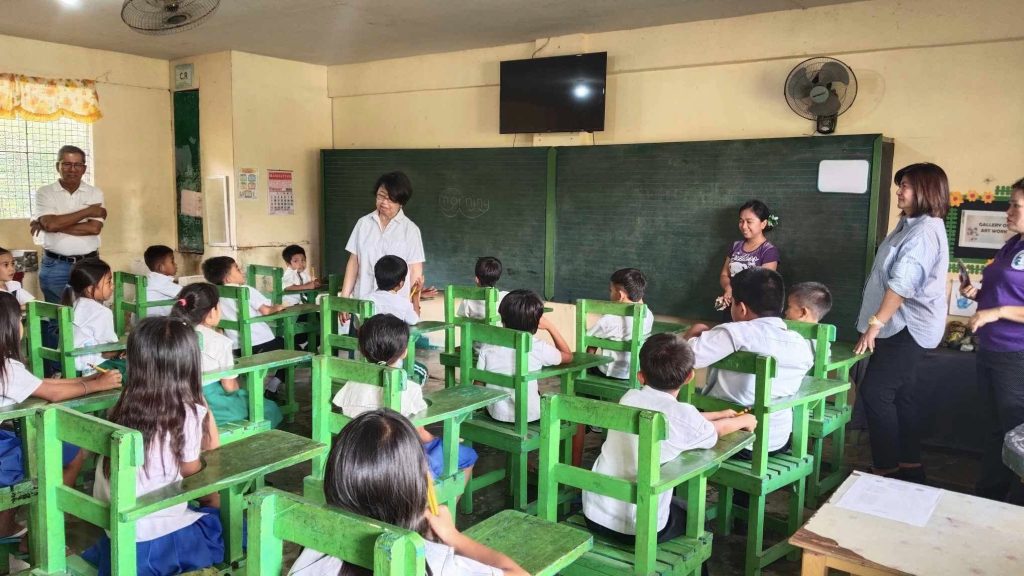
During conversation with parents, they share stories of daily struggles in life. Rain or shine, they walk with their children to school every day. Going to the school entails 2 to 3 hours of walking. Since it is an upland area they start trekking as early as 5AM to be in school before 8AM. Children take breakfast while walking to school. Breakfast consists of rice and coffee. Going home, children get so tired and they fall asleep right away.
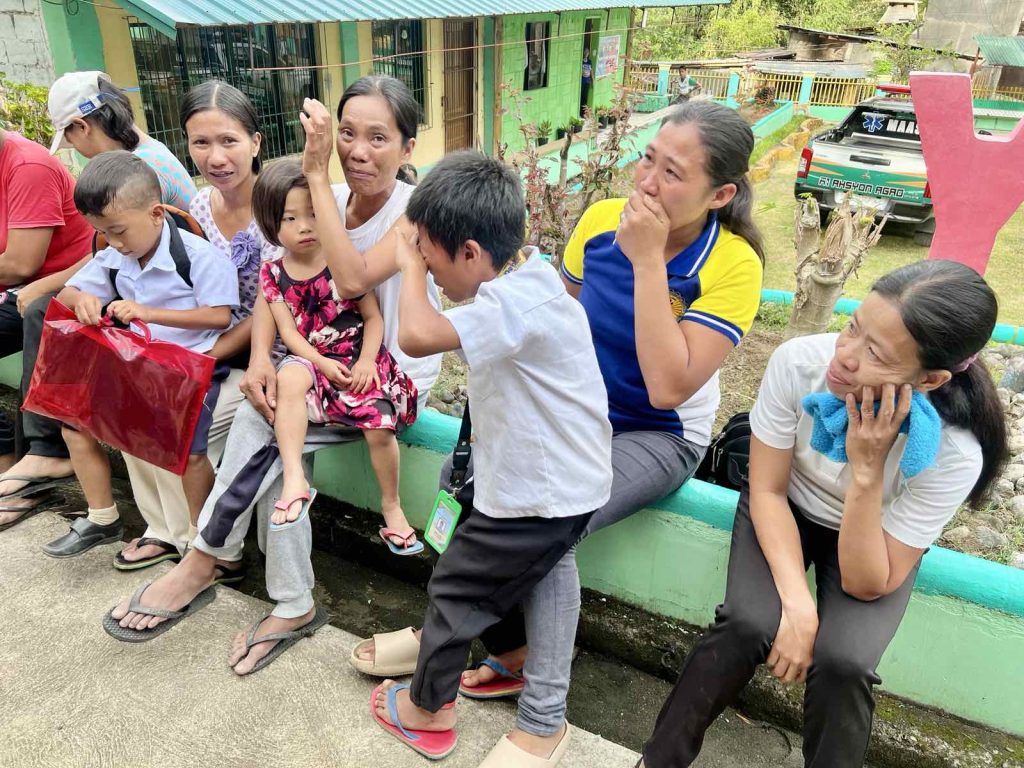
When asked what support parents needs from the Local Government, a mother with seven children becomes emotional and said her eldest son needs P3,000 for his TESDA NC2 assessment on shielded metal arc welding. She has saved up P1,000 and needs to save more to complete payment for the assessment fee. To help out, Maasin SB John Mondejar committed to provide the remainder of the TESDA fee. Another mother said the trek to the school is rough and asks for medical assistance for her son who has difficulty walking. A father who works as a driver said he supports his family and sends his children to school. His wife is an overseas worker. All they want is for their children to complete education.
Geographical disadvantage, hunger, and lack of better opportunities. We can feel the struggle of parents. Against all odds they do what is best for their children and family.
